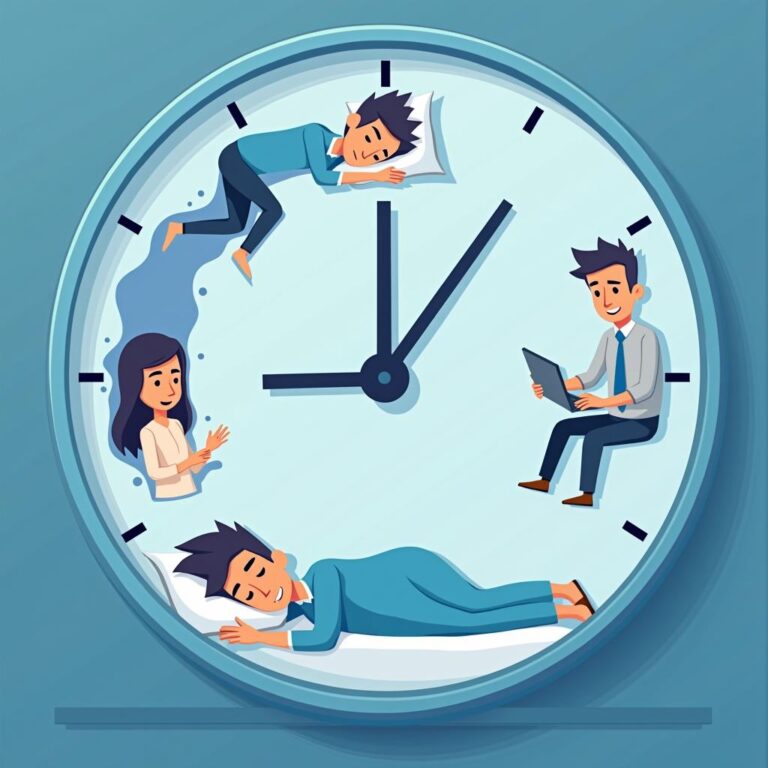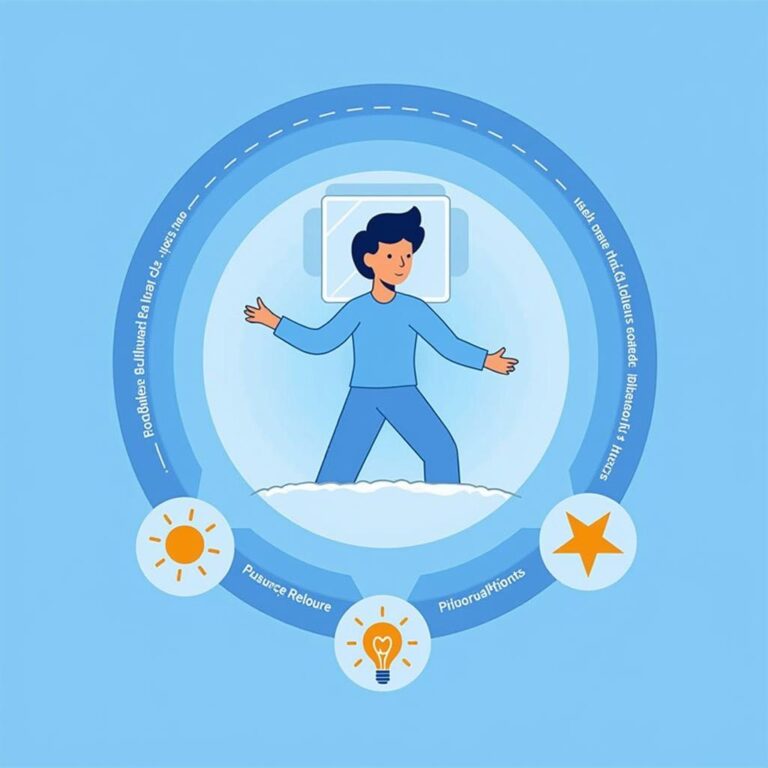Best Time to Wake Up for Optimal Sleep Cycle: Expert Advice
The pursuit of good health often leads us to explore the significance of sleep. With our lives becoming increasingly busy, the importance of optimizing our sleep cycle can’t be overstated. The best time to wake up for optimal sleep cycle can profoundly influence not just our energy levels, but our overall well-being. Understanding these nuances can help you craft a better routine for refreshing mornings.
Understanding Sleep Cycles
Before diving into the best time to wake up, it’s essential to understand the intricacies of sleep cycles. Our sleep progresses through several stages, including light sleep, deep sleep, and REM (Rapid Eye Movement) sleep. A complete cycle lasts about 90 minutes, repeating several times throughout the night. Disrupting this cycle can lead to grogginess and reduced cognitive function.
The Importance of REM Sleep
REM sleep, occurring typically after 90 minutes of falling asleep, is crucial for memory consolidation and emotional regulation. Waking up during or right after this stage is generally the best way to feel refreshed. Therefore, timing your wake-up time to coincide with the end of a sleep cycle is vital.
Calculating Your Optimal Wake-Up Time
To determine the best time to wake up, start by establishing your target bedtime. Adults generally require between 7 to 9 hours of sleep per night. The simplest method is to count backwards in 90-minute intervals from your intended wake-up time. This calculation will help ensure that you wake up at the end of a sleep cycle.
Example of Calculating Sleep Cycles
If you want to wake up at 6:30 AM, you should ideally be asleep by:
- 10:30 PM (7.5 hours of sleep)
- 12:00 AM (6 hours of sleep)
- 1:30 AM (4.5 hours of sleep)
In this scenario, sleeping from 10:30 PM to 6:30 AM provides 8 full cycles, ensuring you wake up refreshed.
The Best Time to Wake Up Based on Circadian Rhythms
Alongside calculating sleep cycles, we must also consider our body’s circadian rhythm, a natural internal clock that regulates sleep-wake cycles. Typically, most adults experience a natural dip in energy in the late afternoon, making morning wake-up times vital for maintaining productivity throughout the day. Early risers often find themselves more in sync with these rhythms.
Ideal Wake-Up Times
Based on multiple studies and expert recommendations, the following wake-up times harmonize well with the average adult’s circadian rhythm:
- 5:30 AM – 6:00 AM: This timing helps maximize productivity and alertness.
- 6:30 AM – 7:00 AM: Provides a balance for those who also value personal and professional obligations.
- 7:00 AM – 8:00 AM: Good for night owls but may lead to a rushed morning routine.
Factors Influencing Your Optimal Wake-Up Time
While general recommendations provide a baseline, individual factors such as age, lifestyle, work schedule, and personal preferences play a significant role in determining the best time to wake up. It is essential to listen to your body and adjust according to your unique needs.
Age Considerations
Studies indicate that young adults and adolescents may need more sleep than older adults. This indicates that their ideal wake times may differ significantly. For teenagers, waking up around 8:00 AM or later can be optimal due to their late-night biological clocks.
Lifestyle and Work Schedule
Your career may also dictate the best time to rise. Those with traditional 9-5 jobs may find waking up around 6:30 AM ideal. In contrast, night shift workers may require an entirely different routine that allows for adequate rest throughout their work hours.
Tips for Achieving Better Sleep and Optimal Wake-Up Times
Securing sufficient sleep is only half the battle; optimizing your environment and habits plays a crucial role in improving your sleep cycle. Here are several expert tips:
1. Create a Sleep-Inducing Environment
Ensure your room is dark, quiet, and cool. This helps facilitate deep sleep and makes it easier to wake up feeling refreshed.
2. Limit Exposure to Blue Light
Reduce screen time an hour before bed. Blue light from phones and computers can disrupt melatonin production, making it difficult to fall asleep.
3. Maintain a Consistent Sleep Schedule
Going to bed and waking up at the same time every day helps establish a routine that aligns with your body’s natural rhythms.
4. Avoid Stimulants Before Bed
Avoid caffeine, nicotine, and heavy meals close to bedtime. They can interfere with quality sleep, making it harder to wake up refreshed.
Listening to Your Body
Everyone’s sleep needs are different. While these guidelines serve as a foundation, it’s crucial to listen to your body. Pay attention to how you feel after various sleep durations and adjust accordingly. Good quality sleep is as important as quantity.
Conclusion
Choosing the best time to wake up for optimal sleep cycle involves a careful balance of understanding sleep cycles, circadian rhythms, and personal needs. By calculating the right wake-up time and incorporating healthy sleep habits, you can enhance your overall well-being and productivity. Achieving a well-rested state leads to improved alertness, mood, and health. Start your journey towards better sleep today by finding the optimal wake-up time that works for you!







